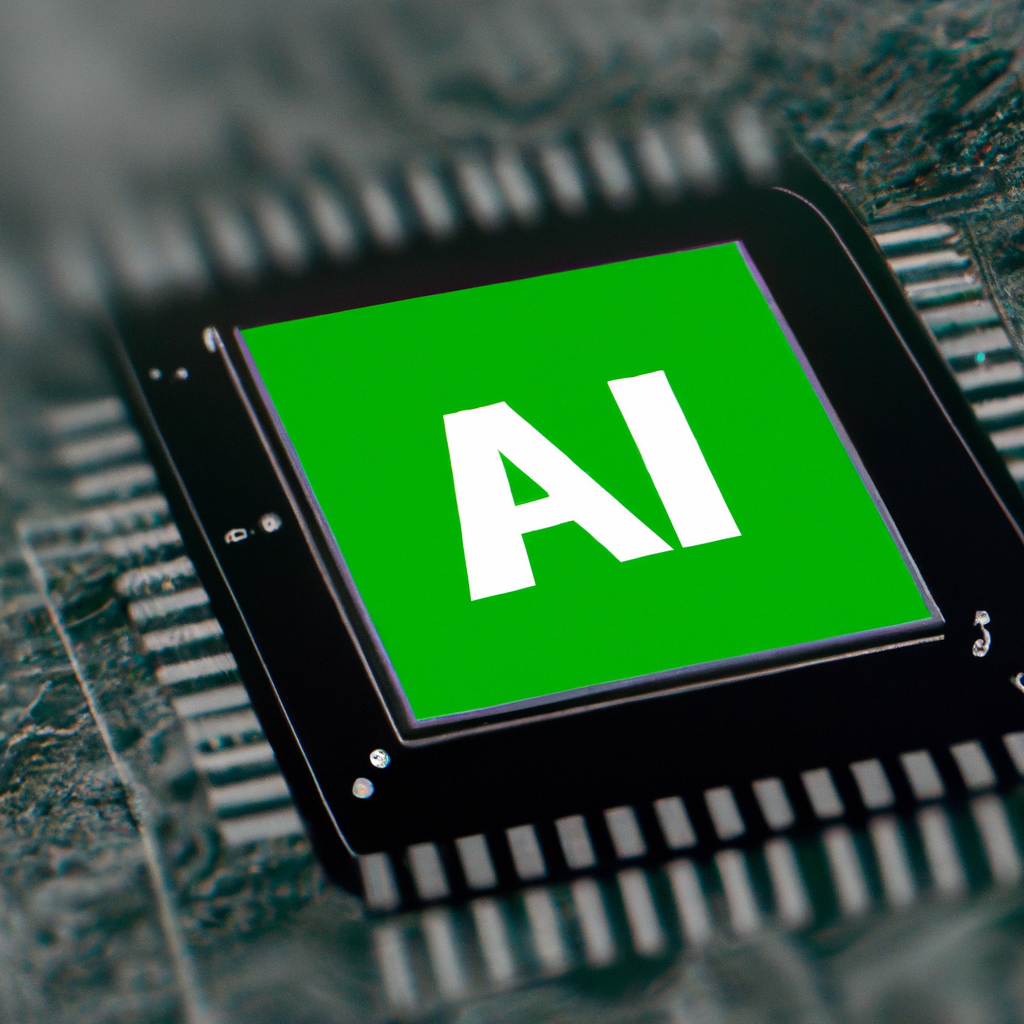As the United States contemplates stricter trade measures to restrict advanced chip technology from reaching China, Nvidia, a U.S.-based semiconductor manufacturer, is reportedly developing an alternative version of its new artificial intelligence chips to adhere to these regulations.
According to reports from Reuters, Nvidia is collaborating with a local distribution partner, Inspur, to introduce and market a chip, tentatively named the “B20,” specifically for the Chinese market. The B20 is projected to begin shipping in the second quarter of 2025. Nvidia has not commented on these developments.
Currently, Nvidia has three chip models designed to align with U.S. export regulations, including the H20, which the company recently discounted to maintain competitiveness against rival Huawei. Sources indicate that sales of the H20 are on the rise, with predictions of over one million units sold in China this year, totaling approximately $12 billion, despite U.S. trade limitations. This estimate is nearly double Huawei’s anticipated sales for its Ascend 910B chip.
However, analysts from Jeffries have suggested that Nvidia’s H20 chips could face challenges under potential new U.S. trade restrictions. As the U.S. prepares for its annual review of semiconductor export controls in October, there is a significant possibility that the H20 may be prohibited from being sold to China. Analysts have outlined various potential methods for the ban, such as implementing a product-specific prohibition, reducing the computing power threshold, or imposing limits on memory capacity.
Furthermore, the U.S. may consider extending its export restrictions to chips sold to other countries in the region, including Malaysia, Indonesia, and Thailand, or potentially applying these controls to overseas companies linked to China, although such measures would be more complex to enforce, according to analysts.
